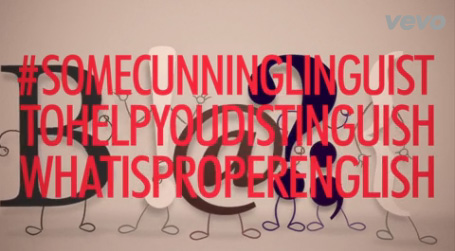"Well-being" in Korean
The concept of "well-being" has been much discussed among economists, psychologists, and sociologists. In connection with a major project on notions of well-being worldwide (in Richard Estes and Joseph Sirgy, ed., The History of Well-Being: A Global Perspective [forthcoming from Halloran Philanthropies]), Shawn Arthur and I have been commissioned to write a chapter on ideas about well-being in East Asia.
It has been challenging to find equivalent terms in Chinese, Japanese, and Korean, but there are many traditional Chinese notions covering one or more aspects of well-being — though we haven't found any single term that is coterminous, so to speak, with the English expression "well-being". Be that as it may, the traditional Chinese terms that partially overlap with "well-being" have also been taken up in Sino-Japanese and Sino-Korean vocabulary. Here are just a few such Sinitic expressions: 安寧 ("peaceful"), 福利 ("welfare"), 平安 ("safe and sound"): C. ānníng, fúlì, píng'ān / J. annei, fukuri, heian / K. annyeong, bogli, pyeong-an. It would be easy to come up with a dozen or so additional relevant terms in the Sinitic vocabulary of East Asia.
Read the rest of this entry »




